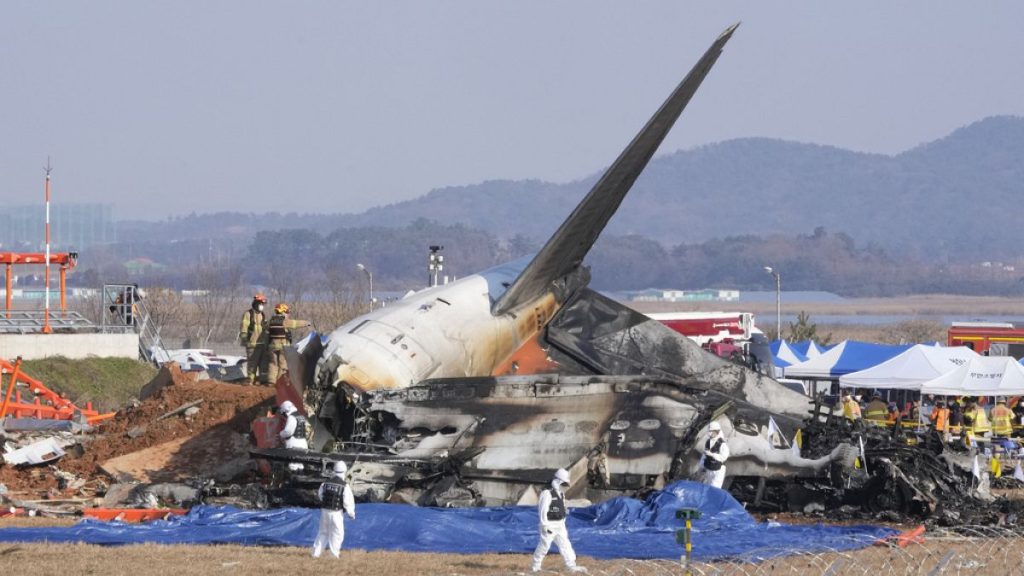The catastrophic crash of the Jeju Air flight, claiming the lives of 179 of the 181 people on board, stands as a grim landmark in South Korean aviation history, representing the nation’s worst air tragedy in decades. The sheer scale of the loss of life sent shockwaves throughout the country and internationally, prompting widespread mourning and an urgent investigation into the causes of the disaster. This tragedy unfolded against a backdrop of political turmoil in South Korea, with the impeachment of national leaders adding another layer of complexity to the nation’s struggles. The devastating loss of life served as a harsh reminder of the fragility of human life and the importance of stringent safety measures within the aviation industry.
The limited information available immediately following the crash highlighted the chaotic nature of such events. Rescue efforts were undoubtedly hampered by the scale of the disaster and potentially exacerbated by the concurrent political upheaval. The focus quickly shifted to determining the cause of the crash, with investigators meticulously examining all possible factors, including mechanical failure, pilot error, weather conditions, and potential sabotage. The two survivors, though facing physical and emotional trauma, held crucial clues to understanding the final moments of the flight. Their testimonies, alongside the analysis of the flight recorders and wreckage, would prove vital in piecing together the sequence of events leading to the tragedy.
The loss of nearly an entire planeload of passengers sent ripples of grief throughout communities, both within South Korea and internationally. Families and friends of the victims grappled with the sudden and overwhelming loss, while support poured in from around the globe. The incident underscored the interconnectedness of the world and the shared human experience of grief in the face of such tragedy. Memorial services were held to commemorate the victims, offering solace and shared remembrance in the midst of profound sorrow.
The crash of the Jeju Air flight also brought the issue of aviation safety to the forefront. While air travel is statistically one of the safest modes of transportation, this tragedy served as a stark reminder of the inherent risks involved. The investigation placed renewed emphasis on the importance of rigorous maintenance protocols, comprehensive pilot training, and robust safety regulations. The findings of the investigation would likely lead to recommendations for improvements within the industry, aiming to prevent similar tragedies from occurring in the future.
The concurrent political crisis in South Korea undoubtedly complicated the response to the air disaster. The impeachment proceedings against national leaders likely diverted resources and attention away from the immediate aftermath of the crash. Furthermore, the political instability may have impacted the efficiency and coordination of rescue and recovery efforts. The tragedy occurred at a time when the nation was already grappling with uncertainty and division, further deepening the sense of crisis and collective trauma.
In the aftermath of such a devastating event, the focus inevitably turns to healing and rebuilding. The emotional scars left by the Jeju Air crash would undoubtedly linger for years to come, impacting not only the families of the victims but also the broader South Korean society. The process of recovery would involve providing comprehensive support to the bereaved, conducting a thorough and transparent investigation, and implementing necessary changes to enhance aviation safety. The tragedy served as a poignant reminder of the importance of resilience, unity, and the collective pursuit of a safer future. The memory of the lives lost would serve as a catalyst for change and a testament to the enduring strength of the human spirit in the face of adversity.














